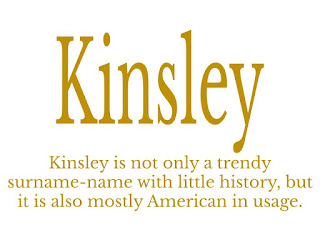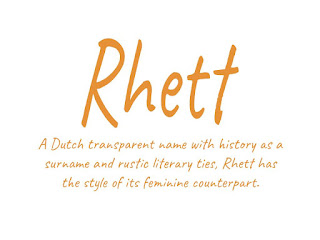Edith

Once upon a time, the elements ead and gyo untied to create a female name meaning "rich in war." That meaning made the name a perfect fit for medieval royalty; saints and queens, including St. Eadgyo of Wilton and Eadgyo Swan-Neck, had riches in a time when many people did not. Right before the twelfth century, the Norman Conquest occurred. William the Conqueror defeated King Harold II, whose sister Eadgyo became queen and supported the cult of Edward the Confessor. Not only did Queen Eadgyo survive the Norman Conquest, but her name also continued in usage. As of the twelfth century, Eadgyo became Edith in Modern English. Edith was one of the few Anglo-Saxon names to survive the Norman Conquest and, thus, the only one to be popular throughout the Middle Ages. She continued to be popular until the seventeenth century, after which she dropped out of the English top 50. The Middle Ages were long over, so was the name Edith. Over a century later, in 1837, Queen...






